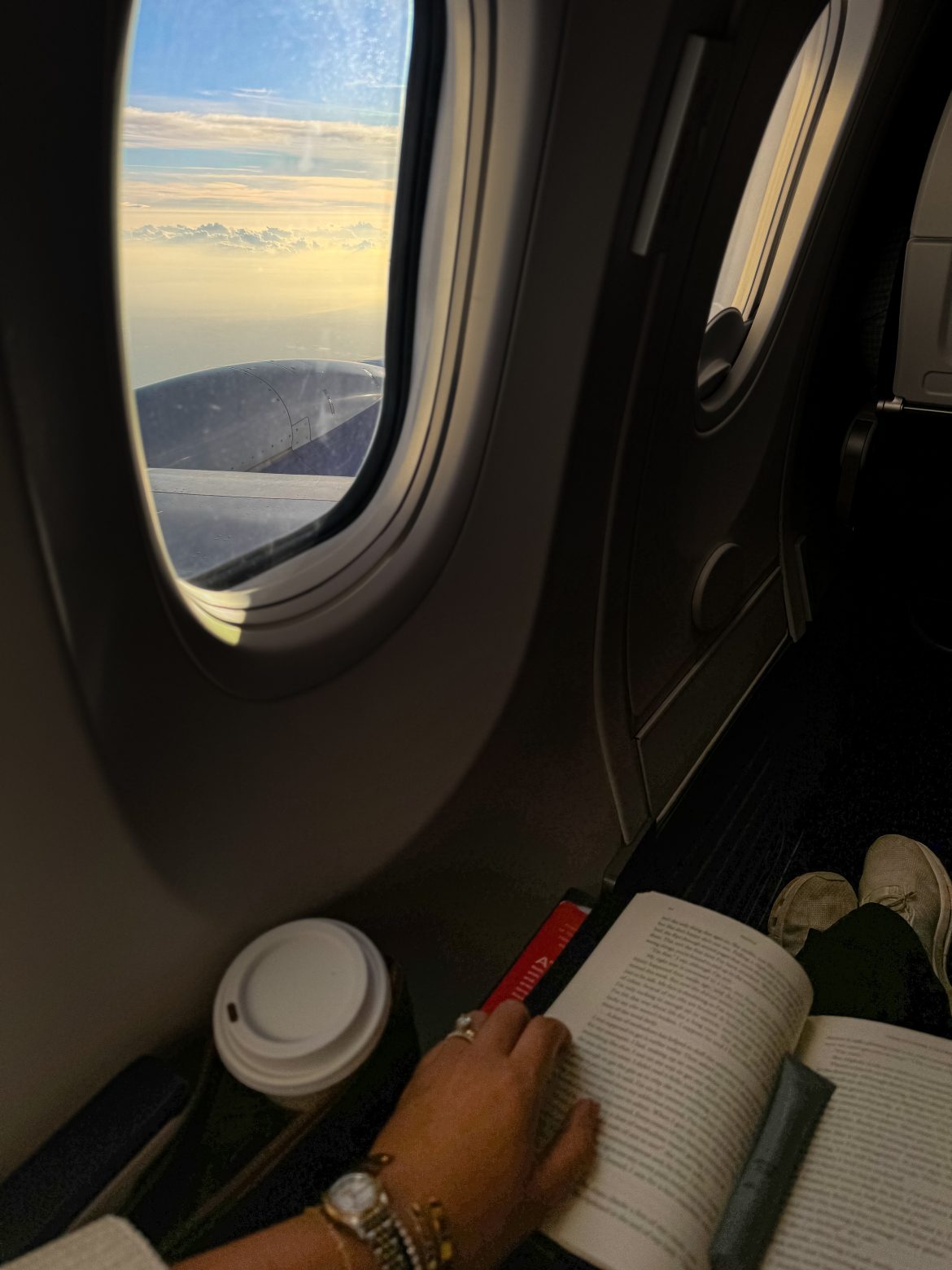Jet lag is the unwelcome travel companion no one invites, but almost everyone encounters, especially when crossing multiple time zones. It can leave you feeling groggy, irritable, and wide awake at 3 a.m. — just when you’re supposed to be soaking up a new city or enjoying your well-deserved holiday.
But what exactly causes jet lag, and more importantly, how can you combat it? Here’s your ultimate guide to understanding jet lag and practical ways to manage it, so you can arrive at your destination refreshed and ready.
What is jet lag?
Jet lag is a temporary sleep disorder caused by rapid travel across time zones. Your body has a circadian rhythm, or internal body clock, that tells you when to sleep and wake up. When you travel to a new time zone, your body remains synced to your home time zone, leading to a mismatch between your internal clock and the local time.
Common symptoms of jet lag:
-
Difficulty falling asleep or waking up
-
Daytime fatigue
-
Brain fog and difficulty concentrating
-
Irritability or mood changes
-
Digestive issues
Does direction matter?
Yes. The direction you travel affects how hard jet lag hits:
-
Eastbound travel (e.g., New York to Paris) is typically harder on the body because you’re “losing” time and have to fall asleep earlier than usual.
-
Westbound travel (e.g., London to LA) tends to be easier because you’re “gaining” time and staying awake later, which aligns more naturally with most people’s body clocks.
How long does jet lag last?
Jet lag can last from a few days up to a week, depending on:
-
The number of time zones crossed
-
Your age (older adults tend to recover more slowly)
-
Your sleep habits and overall health
-
How quickly you adapt to new routines
On average, it takes one day per time zone crossed to fully adjust.
How to combat jet lag: Before, during & after your flight
Before you travel
-
Gradually adjust your schedule
Start shifting your sleep and wake times by 30–60 minutes in the direction of your destination a few days before you fly. -
Get plenty of rest
Don’t start your trip sleep-deprived. Being well-rested helps your body adapt more easily. -
Plan flights strategically
If possible, choose flights that land in the morning or afternoon. This makes it easier to stay awake until nighttime.
During the flight
-
Set your watch to your destination’s time
This mentally prepares you to start syncing your schedule. -
Hydrate
Cabin air is dehydrating. Drink plenty of water and avoid caffeine and alcohol, which can mess with your sleep cycle. -
Move around
Stretch, walk the aisle, or do in-seat exercises to promote circulation and reduce fatigue. -
Sleep strategically
Try to sleep if it’s nighttime at your destination. Use earplugs, an eye mask, and a neck pillow to help.
After you land
-
Get outside in natural light
Sunlight is the most powerful way to reset your internal clock. Aim for morning light if traveling east, and evening light if traveling west. -
Stay awake until bedtime (local time)
No matter how tempting a nap sounds, try to stay up until at least 9 or 10 p.m. local time. -
Take melatonin (if needed)
A low dose (0.5 to 3 mg) of melatonin 1–2 hours before bedtime can help your body adjust, especially when heading east. -
Eat on local time
Try to eat meals according to your new schedule — this also helps regulate your circadian rhythm.
Natural remedies & wellness tips
-
Adaptogens like ashwagandha or rhodiola may support stress and fatigue.
-
Magnesium can help you relax and fall asleep faster.
-
Blue light blockers can be worn at night to avoid disrupting melatonin production.
-
Sleepytime teas with ingredients like chamomile or valerian root can promote relaxation.
Jet lag recovery essentials: What to pack
-
Reusable water bottle
-
Sleep mask + earplugs
-
Melatonin or sleep aid (if approved by your doctor)
-
Magnesium supplements
-
Neck pillow and compression socks
-
Face mist or hydrating skincare for mid-flight refresh
Jet lag doesn’t have to derail your trip. With some planning and intentional habits, you can sync your body clock faster and feel more energized to explore. The key is to be kind to your body, stay hydrated, seek natural light, and give yourself grace — especially in the first 48 hours after landing.
Wherever you’re headed, let your energy match the excitement of the journey — not the sluggishness of jet lag. Bon voyage!
ALSO SEE:
Featured Image: Dupe Photos

